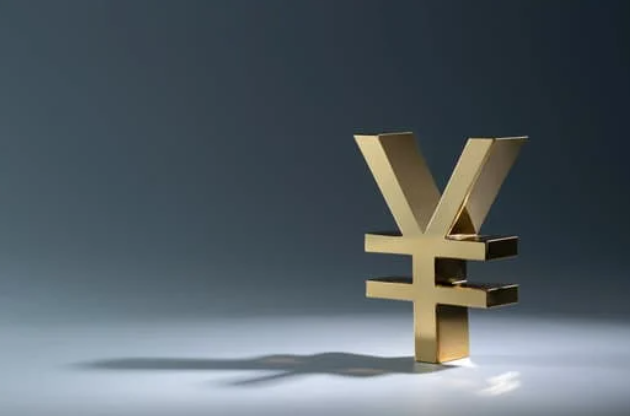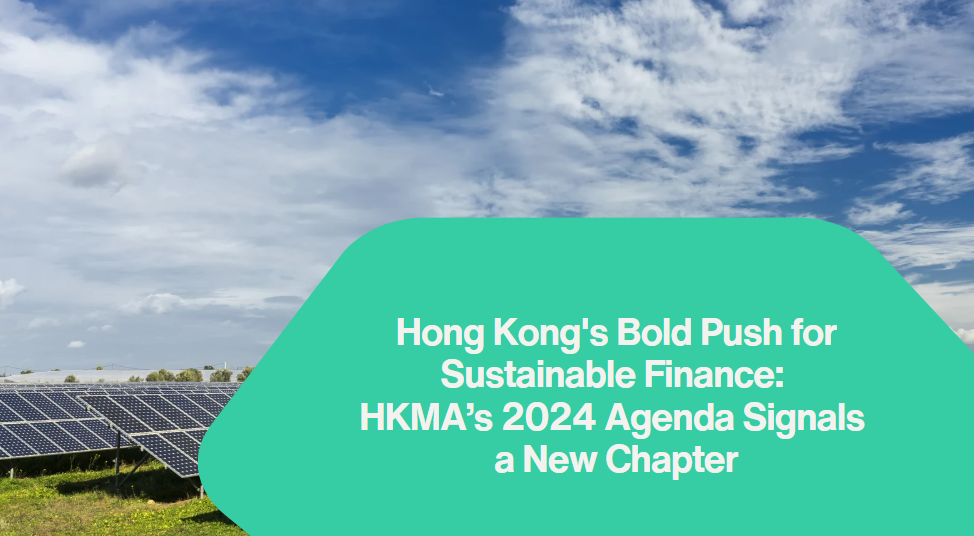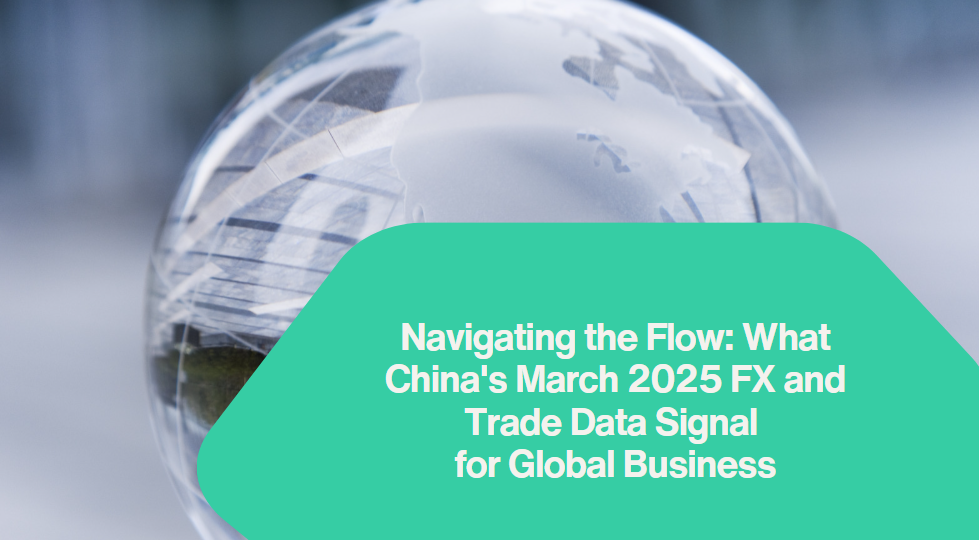China Signals Steady Hand on RMB Amid Global Financial Volatility
As turbulence resurfaces across global financial markets, China's central bank is sending a measured but reassuring signal: the RMB exchange rate will remain broadly stable, anchored by solid fundamentals and increasingly mature market dynamics.
Speaking at a recent conference, Liu Ye, Director-General of the International Department at the People's Bank of China (PBOC), emphasized that despite heightened scrutiny, the RMB's performance remains well-supported. Liu pointed to several structural advantages, including China's steady balance of payments, a maturing base of foreign exchange participants, more rational trading behaviors, and a noticeable strengthening of market resilience. In his words, “The recent introduction of a comprehensive set of macroeconomic policies has significantly improved market expectations, reinforcing the momentum of economic stabilization and recovery. These factors provide the fundamental support for the basic stability of the RMB exchange rate.”

However, Liu cautioned that exchange rates are inherently sensitive to a constellation of factors — ranging from economic growth trajectories and monetary policy shifts to geopolitical tensions and broader financial market volatility. Given these dynamics, he noted, the RMB will likely experience two-way fluctuations in the near term. Reaffirming China's policy orientation, Liu stressed that the PBOC would continue to let market forces play a decisive role in shaping the exchange rate, while enhancing communication to guide expectations and avoid the self-fulfilling risks of herd behavior. "We are committed to preventing excessive adjustments and ensuring the RMB remains broadly stable at a reasonable and balanced level," he said.
Separately, Zou Lan, Deputy Governor of the PBOC, echoed this sentiment at a press conference on Monday, offering additional context amid recent global developments. Zou noted that the United States'announcement of tariff hikes on several economies has triggered sharp volatility across international markets. Nevertheless, he underscored that China's financial system has “demonstrated strong resilience and operated smoothly,” a testament to the country's long-standing strategy of prioritizing safety, liquidity, and value preservation in its foreign exchange reserve management.
Importantly for global investors, Zou highlighted that China's diversified investment portfolio means that the impact of fluctuations in any single market or asset class on its vast foreign exchange reserves remains limited. This strategic diversification, he argued, continues to act as a buffer against external shocks.
Looking ahead, Zou indicated that the PBOC would maintain a moderately accommodative monetary stance while stepping up support for the real economy. Additional efforts will focus on enhancing the foreign exchange market's resilience, stabilizing expectations, and managing market dynamics to prevent excessive RMB volatility.





















































First, please LoginComment After ~